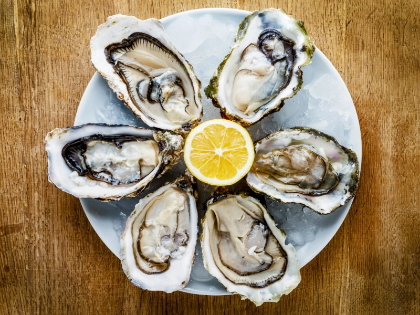The Way That Vitamin K Promotes Good Liver Function
Vitamin K is produced by the liver and aids in the formation of proteins in the body that control blood clotting and stop excessive bleeding. Additionally crucial to bone and heart health is vitamin K. The majority of adults obtain adequate amounts of vitamin K from a balanced diet and healthy gut flora. For people who are lacking, vitamin K supplements are available.
Shields the liver cells
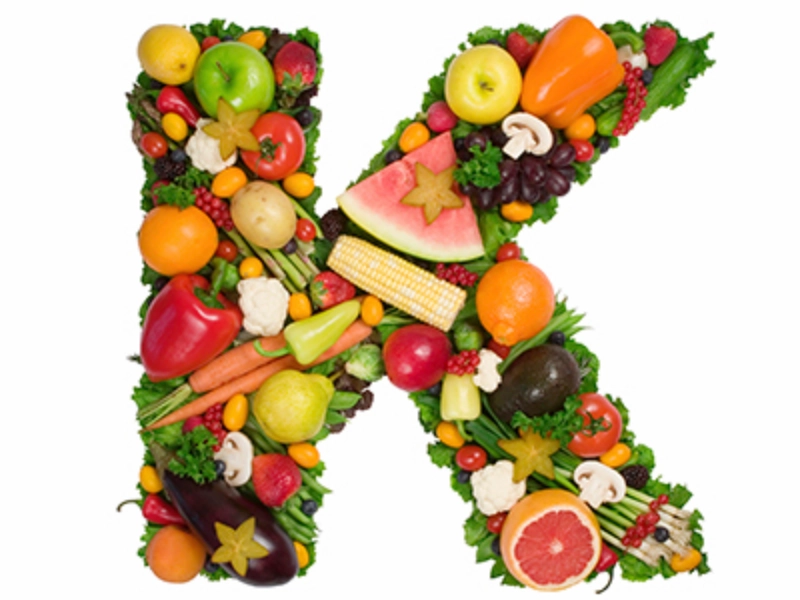
Regulates Haemorrhage
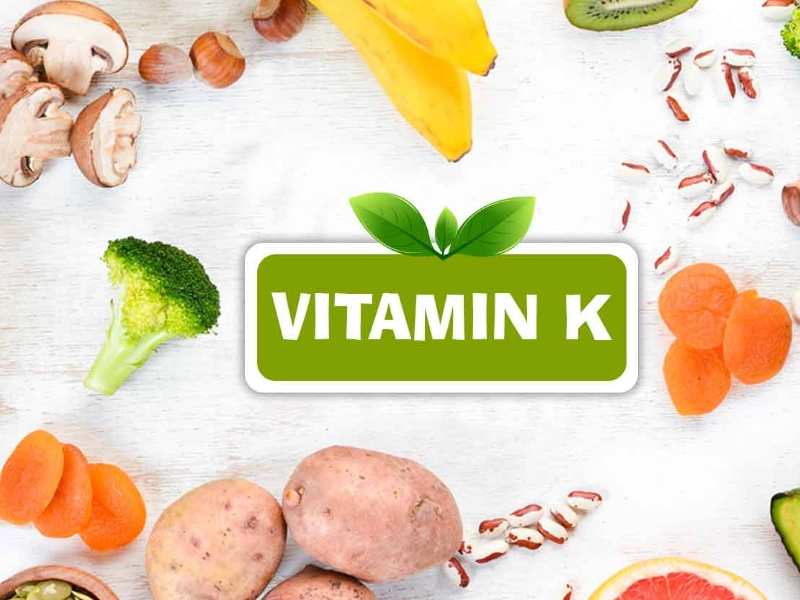 Vitamin K aids in the production of clotting proteins by the liver, which stops excessive bleeding. It's crucial for supporting strong bones as well.
Vitamin K is absorbed by the body through diet, particularly from leafy green vegetables and fermented foods like sauerkraut. It can be obtained as a supplement as well. However, as supplements may conflict with some drugs, people should aim to obtain the majority of their vitamin K from diet.
There are two types of vitamin K: K1 (phylloquinone) and K2 (menaquinone). Menaquinone has a variable number of isoprenoid side chains, whereas phylloquinone contains a phytyl side chain. Plant meals include phylloquinone, but microorganisms in the liver create menaquinone. Menaquinone may offer protection against NAFLD, but phylloquinone has been associated with better outcomes for cardiovascular disease (CVD). Vitamin K2 was reported to decrease hepatic fat buildup, reduce fatty liver inflammation, and improve the number of functioning hepatocytes in a mouse model of nonalcoholic fatty liver disease (NAFLD).
Vitamin K aids in the production of clotting proteins by the liver, which stops excessive bleeding. It's crucial for supporting strong bones as well.
Vitamin K is absorbed by the body through diet, particularly from leafy green vegetables and fermented foods like sauerkraut. It can be obtained as a supplement as well. However, as supplements may conflict with some drugs, people should aim to obtain the majority of their vitamin K from diet.
There are two types of vitamin K: K1 (phylloquinone) and K2 (menaquinone). Menaquinone has a variable number of isoprenoid side chains, whereas phylloquinone contains a phytyl side chain. Plant meals include phylloquinone, but microorganisms in the liver create menaquinone. Menaquinone may offer protection against NAFLD, but phylloquinone has been associated with better outcomes for cardiovascular disease (CVD). Vitamin K2 was reported to decrease hepatic fat buildup, reduce fatty liver inflammation, and improve the number of functioning hepatocytes in a mouse model of nonalcoholic fatty liver disease (NAFLD).
Control levels of blood sugar
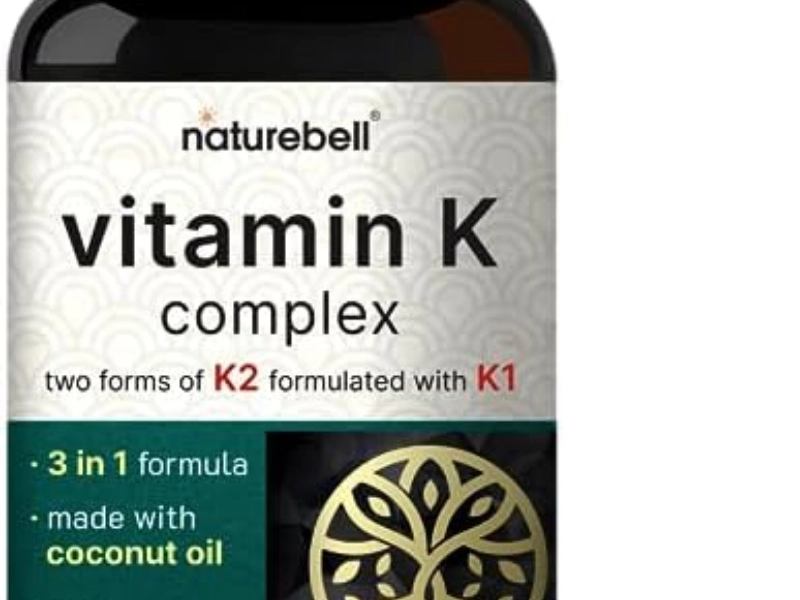 Since vitamin K dissolves in fat, it is deposited in the liver and adipose tissue. It is crucial for bone health and is also well-known for its function in promoting appropriate blood clotting.
According to a recent study, vitamin K2 can prevent mice from developing non-alcoholic fatty liver disease (NAFLD) by enhancing lipid metabolism and lowering the buildup of fat in the liver. Scientific Reports published the findings.
Mice with high-fat diet-induced NAFLD were given either vitamin K1 or vitamin K2 by the researchers. They discovered that while mice's body weight, total lean body mass, and free body fluid didn't alter considerably, their formation of visceral fat was significantly reduced in those mice given vitamin K2. Furthermore, these mice's liver histology was rectified, and their hepatic fat content was dramatically lowered by the vitamin K2 treatment. Interestingly, larger intakes of both phylloquinone and menaquinone were linked to lower risks for coronary heart disease and stroke mortality, according to a new prospective study that tracked 4,807 men and women for an average of 16.8 years.
Since vitamin K dissolves in fat, it is deposited in the liver and adipose tissue. It is crucial for bone health and is also well-known for its function in promoting appropriate blood clotting.
According to a recent study, vitamin K2 can prevent mice from developing non-alcoholic fatty liver disease (NAFLD) by enhancing lipid metabolism and lowering the buildup of fat in the liver. Scientific Reports published the findings.
Mice with high-fat diet-induced NAFLD were given either vitamin K1 or vitamin K2 by the researchers. They discovered that while mice's body weight, total lean body mass, and free body fluid didn't alter considerably, their formation of visceral fat was significantly reduced in those mice given vitamin K2. Furthermore, these mice's liver histology was rectified, and their hepatic fat content was dramatically lowered by the vitamin K2 treatment. Interestingly, larger intakes of both phylloquinone and menaquinone were linked to lower risks for coronary heart disease and stroke mortality, according to a new prospective study that tracked 4,807 men and women for an average of 16.8 years.
Sustains Bone Health
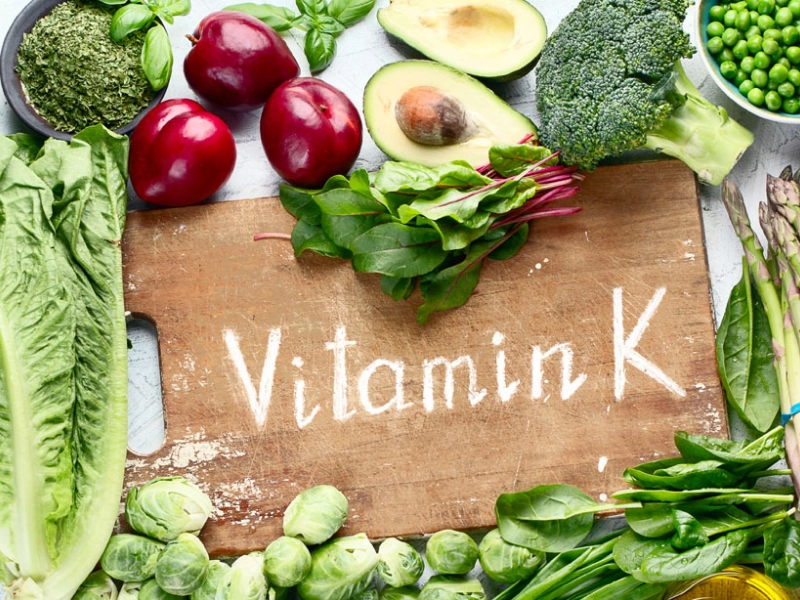 To create a protein that aids in blood coagulation and controls bone metabolism, the body needs vitamin K. The primary dietary supply of this vitamin is leafy greens, specifically phylloquinone (Vitamin K-1). Additionally, fermented foods and animal meats contain it. Menaquinones, or Vitamin K-2, are produced by bacteria in the stomach and can be found in trace levels in certain foods.
Supplemental phylloquinone may shield postmenopausal women against bone fractures, according to several studies. It accomplishes this by triggering the calcium-binding properties of proteins such as matrix GLA protein and osteocalcin, which help to build stronger bones.
Supplementing with vitamin K2 decreased liver fat in a mouse model of nonalcoholic fatty liver disease (NAFLD) caused by a high-fat diet, while having no effect on total body weight or free body fluids. Additionally, it considerably lessened the NAFLD mice's liver histological alterations. However, it did not improve diseases related to the metabolism of cholesterol or lipid levels. More extensive, controlled studies are required to validate these results in people.
To create a protein that aids in blood coagulation and controls bone metabolism, the body needs vitamin K. The primary dietary supply of this vitamin is leafy greens, specifically phylloquinone (Vitamin K-1). Additionally, fermented foods and animal meats contain it. Menaquinones, or Vitamin K-2, are produced by bacteria in the stomach and can be found in trace levels in certain foods.
Supplemental phylloquinone may shield postmenopausal women against bone fractures, according to several studies. It accomplishes this by triggering the calcium-binding properties of proteins such as matrix GLA protein and osteocalcin, which help to build stronger bones.
Supplementing with vitamin K2 decreased liver fat in a mouse model of nonalcoholic fatty liver disease (NAFLD) caused by a high-fat diet, while having no effect on total body weight or free body fluids. Additionally, it considerably lessened the NAFLD mice's liver histological alterations. However, it did not improve diseases related to the metabolism of cholesterol or lipid levels. More extensive, controlled studies are required to validate these results in people.



